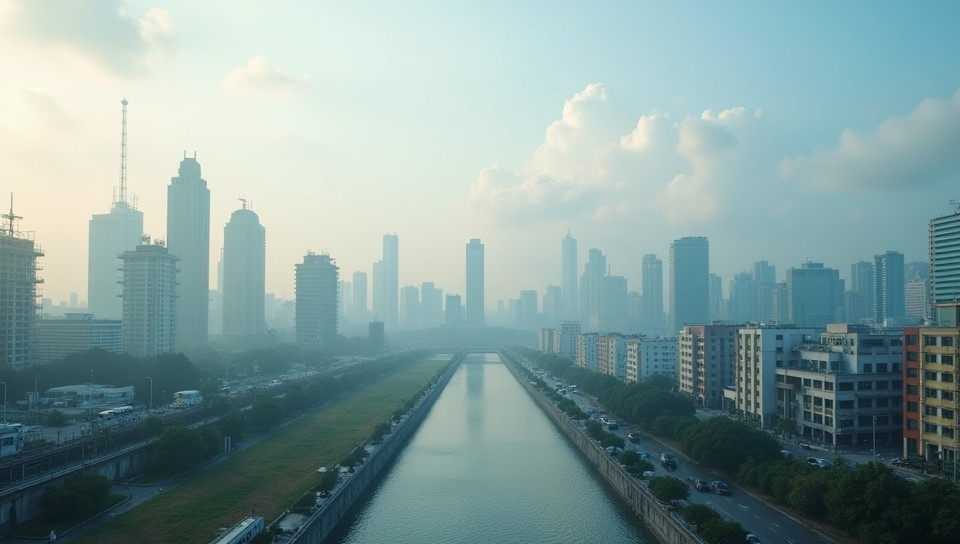Reducing air pollution in urban areas supports sustainable development goals 81%

Reducing Air Pollution in Urban Areas: A Key to Sustainable Development
As the world's population continues to urbanize, cities are facing an unprecedented challenge: air pollution. The consequences of this issue go beyond just human health, as it also affects economic growth and social equity. According to the World Health Organization (WHO), air pollution is responsible for 7 million premature deaths worldwide each year.
The Impact of Air Pollution on Sustainable Development
Air pollution has far-reaching implications for sustainable development. It not only harms human health but also damages crops, reduces crop yields, and decreases economic productivity. In urban areas, poor air quality can lead to increased healthcare costs, lost productivity, and decreased property values.
The Effects of Air Pollution on Human Health
The effects of air pollution on human health are well-documented. Exposure to particulate matter (PM), nitrogen dioxide (NO2), ozone (O3), and sulfur dioxide (SO2) can cause respiratory problems, cardiovascular disease, lung cancer, and even premature death. Children, older adults, and people with pre-existing medical conditions are particularly vulnerable to the health impacts of air pollution.
Strategies for Reducing Air Pollution in Urban Areas
Reducing air pollution in urban areas requires a multi-faceted approach that involves both short-term and long-term strategies.
- Improving public transportation infrastructure
- Encouraging the use of electric or hybrid vehicles
- Implementing policies to reduce emissions from industries and power plants
- Promoting green spaces and urban forestry initiatives
- Educating citizens about air pollution and its impacts
The Benefits of Reducing Air Pollution in Urban Areas
Reducing air pollution in urban areas has numerous benefits, including improved public health, increased economic productivity, and enhanced quality of life. By implementing policies to reduce emissions from vehicles, industries, and power plants, cities can create a healthier environment for their citizens.
Conclusion
Reducing air pollution in urban areas is essential for achieving sustainable development goals. The benefits of clean air go beyond just human health; they also have economic and social implications that can enhance the quality of life for all citizens. By working together to reduce emissions from vehicles, industries, and power plants, we can create a healthier environment for future generations.
By taking action now to reduce air pollution in urban areas, we can ensure a sustainable future for our cities and communities.
- Created by: Sofia Mendoza
- Created at: Aug. 19, 2024, 10:54 p.m.
- ID: 7788








